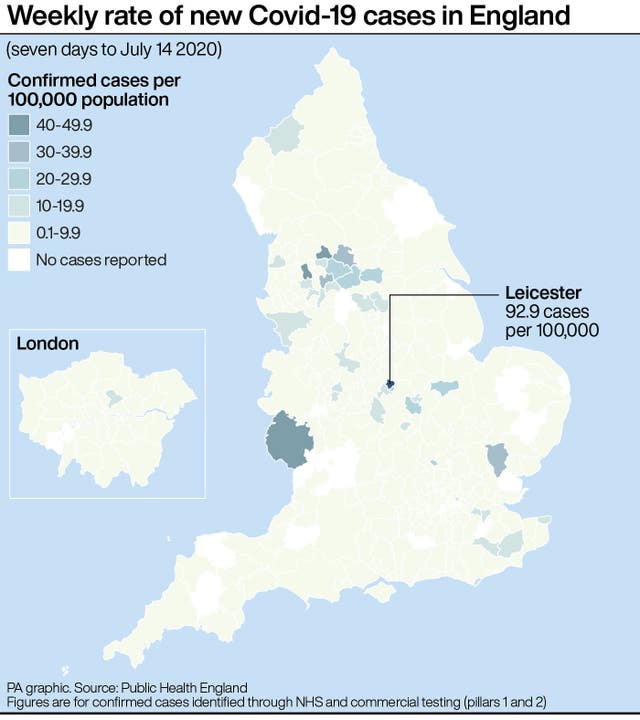Boris Johnson will struggle to deliver his vision of a “significant return to normality” in time for Christmas, leading scientists have warned.
The prime minister signalled another significant easing of coronavirus (Covid-19) lockdown restrictions in England on Friday 17 July, relaxing work-from-home guidance and paving the way for theatres and sports stadiums to reopen.
At a No 10 press conference, he said it was his “strong and sincere hope” that ministers would be able to review the remaining restrictions from November onwards, “possibly in time for Christmas”.
“It is going to be tough”
However, Mark Walport, a former chief scientific adviser, said that this will “be difficult” to achieve with respiratory illnesses tending to flourish in the colder weather.
He said that while the disease was declining, there were still between 3,000 and 11,000 new cases a day in England. He told BBC Newsnight:
It is going to be difficult. We know that winter is when respiratory viruses thrive so it is going to be tough…
The Prime Minister said ‘Hope for the best, plan for the worst’. Of course what we need to do as far as possible is prevent the worst.
His comments echoed the chief medical officer for England Professor Chris Whitty, who warned measures such as hand-washing, isolation and household quarantine would be needed for a “prolonged period”. Giving evidence to the Lords Science and Technology Committee on 17 July, Whitty said:
It has not gone away. So, all of those need to continue for a long period of time.
The government’s chief scientific adviser Patrick Vallance told the committee that the winter would be a “very complex time”, with people going down with other illnesses as well. Vallance had previously warned against easing the work-from-home guidance.

Cabinet discussion
In his address, the prime minister said it will be up to employers in England to discuss with workers whether it’s safe to return from 1 August.
From that date, also most remaining leisure centres will reopen and indoor performances with live audiences can resume if pilots are successful, while trials will begin for sports stadiums to reopen from October.
Johnson – who also immediately scrapped the advice to avoid public transport – said Vallance and Prof Whitty had taken part in a cabinet discussion before the relaxation was announced. However, he said that ultimately “decisions are taken by the elected politicians”.

No nationwide lockdown
It means that from next month, wedding receptions for up to 30 people can resume, and bowling lanes, skating rinks, casinos and beauticians can reopen as long as they have measures in place to reduce coronavirus transmission.
In an attempt to prevent another nationwide lockdown, Johnson said local authorities in England will have new powers from Saturday 18 July to close specific premises, shut outdoor spaces and cancel events.
Ministers will also be able to close entire sectors or types of premises in an area and issue “stay at home” orders, Johnson said.
He also set out his plans to prepare the NHS for a potential second spike in coronavirus cases coinciding with the flu season this winter. An extra £3 billion funding for the NHS in England, and extra cash for the devolved nations, will allow Nightingale hospitals to remain open and for private hospital capacity to be used until the end of March 2021.









